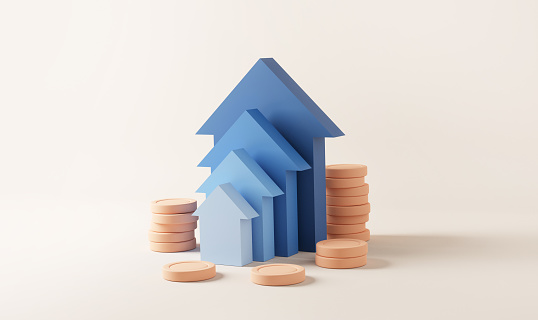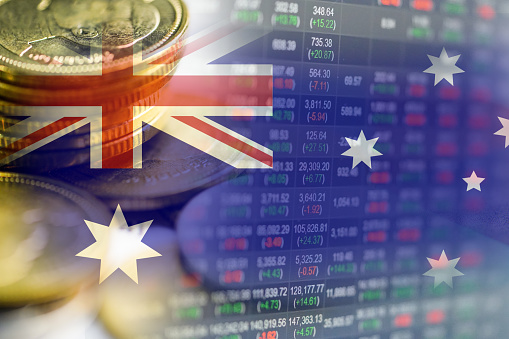The Definition of an Economy
An economy is a social system in which resources are allocated to participants for use in production. Resources include labor and capital inputs for production. They are also distributed to participants as goods and services. These allocations can take place over time or at a specific point in time. There are two basic types of economies.
Markets facilitate the reallocation of resources in wealthy economies
Markets are structures that facilitate the exchange of goods, services, information, and other resources. The participants of a market are buyers and sellers, and their decisions about what to sell and buy influence the prices. This has given rise to numerous theories of supply and demand. Some markets are government-regulated, while others are free-market systems in which governments do not interfere with the price of tradeable items.
Markets vary greatly, depending on the products or factors traded, the place in which exchanges take place, the target buyer, the selling process, and other factors. There are also differences in the size of markets and in the extent of their geographic reach. Some markets are dominated by one firm or a few, while others are dominated by many.
Financial markets facilitate the functioning of capitalist economies by providing liquidity for businesses and making the exchange of financial obligations easy. They also provide a return to lenders and investors. Without financial markets, capital cannot be efficiently allocated and economic activity would be severely impacted. This is why markets are vital for the smooth functioning of capitalist economies.
Financial markets facilitate the reallocation of resources by directing savings and capital to productive uses. They also provide borrowers with a variety of financial products and services to meet their varied needs. A robust financial system also facilitates the international flow of funds. It is a crucial part of the economy and plays a vital role in capital accumulation and production.
Free markets define the macroeconomy of a country
A free market economy is an economic system in which prices and transactions are determined by supply and demand. This type of economy has little or no government intervention or central planning. Instead, buyers and sellers compete to sell their products or services at the best price. This includes the labor market. A free market economy is an alternative to a centrally planned economy, in which the government regulates and spends money.
Free markets encourage consumers to buy and sell goods. This creates more opportunity for people to work and earn money. Free markets also allow for greater income mobility. Because there are fewer rules governing how people spend their money, people can increase their income, and immigrants can work their way up the economic ladder.
However, free markets also create a certain amount of inequality in the economy. This is because prices don’t always reflect the true cost of goods and services. Free markets can also lead to the exploitation of public goods. Free markets can also cause competitors to collude to increase their profits. Because of these inherent dangers, it is important to protect consumers by passing laws to prevent collusion between businesses.
A free market economy is based on the idea that market forces are the best determinants of a nation’s well-being. Consumers seek to maximize their benefits by making rational decisions based on a market model. In most developed nations, the free market rules the economy. The government only intervenes when necessary to stabilize the economy.
A free market economy is similar to a capitalist economy, except that private business owners own the means of production. As such, the profits generated by businesses are based on the profit motive. The free market system creates a wide disparity in wealth and income.
Governments provide organizational control over the allocation of resources in wealthy economies
In a market economy, the government has a range of functions, ranging from providing national defense to addressing environmental concerns. It also defines property rights and tries to make markets more competitive. Without adequate property rights protection, the market does not effectively allocate resources. Furthermore, free markets often fail to allocate resources efficiently if externalities are associated with production.
A market economy relies on competition, which encourages firms to improve their products and services. Competition also forces firms to improve quality. Producers are constantly improving their products to increase their share of the market. They also incorporate new technologies and methods into their products. While governments play an important role in providing a market economy, they are not primarily responsible for it. The market is the most important source of resources.
Free markets create poverty
The free market has transformed the way we live. The poor no longer have to live in abject poverty; they can now purchase a variety of major consumer goods. In fact, data show that poor households now own as many consumer goods as the rest of the population. This is quite an achievement, considering that a household with a washer and dryer, refrigerator, microwave, and color television would still be considered poor. The data clearly illustrate how the free market has improved the lives of the poor.
Some critics of free markets argue that this system results in greater inequality. This is because certain members of society will be unable to make money and will fall into poverty. These groups include the elderly and children. Without the ability to earn a living, they will not be able to care for their families. In such a situation, governments may intervene to help these groups by limiting prices.
Many defenders of free markets deny that poverty is caused by free markets. However, this is not necessarily true. Despite this common misconception, free markets create abundance for the poor. A free economy is an economy that allows everyone to participate in the economy. However, it is also true that there are many barriers to entry and opportunity for people who want to start their own businesses.
It is important to note that no economy has completely free markets. While free-ish markets have dramatically improved global living standards, they have also contributed to the increasing inequality between rich and poor. Most people now have more money than they were in the past, thanks to free markets. Forbes has even labelled free-ish markets the “world’s most powerful non-religious force for good.”
Whether you agree with free markets or socialist policies, their effects on an economy are clear. For example, free markets increase trade opportunities, create more competition for jobs, and increase the length of life. Free markets make a country a global trade partner and enable it to export and import more goods and services, thereby reducing the level of poverty.



